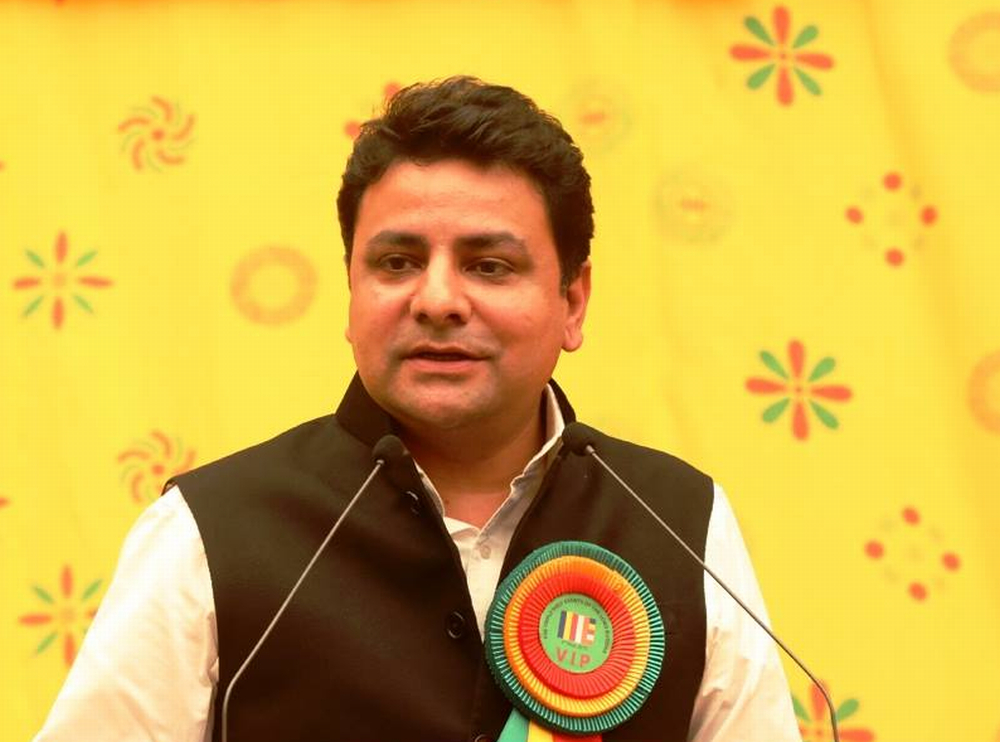In a stark turn of events, the very heroes who battled on the frontlines of the COVID-19 pandemic now face an uncertain future as they grapple with unemployment. These unsung heroes, numbering 1844, were outsourced workers who were brought in during the height of the pandemic to support healthcare facilities, but their services have been abruptly terminated.
The state government, which had enlisted their aid when the pandemic was at its peak, recently delivered termination notices to these dedicated employees. These notifications were dispatched via email and also sent to their homes, instructing them not to report to their duties at the hospitals where they had been assigned during the crisis.
These outsourced workers were integral to various healthcare functions, including staffing COVID-19 wards, providing essential support in outpatient departments (OPDs), and conducting vital patient testing in laboratories. Their expertise and commitment played a pivotal role in bolstering the healthcare system during the pandemic’s most challenging moments.
The sudden termination has sent shockwaves through the outsourced worker community, leaving them not only unemployed but also grappling with feelings of frustration and uncertainty about their future. Many of them had dedicated countless hours to their roles, often working without leave, and had even ventured into remote areas to raise awareness about the virus.
The issue has not gone unnoticed within the political landscape. Opposition leaders and BJP MLAs have been actively championing the cause of these outsourced employees during legislative sessions. Protests, organized by the BJP outside the Assembly, further underscore the widespread dissatisfaction with the government’s decision.
Anjali Bhardwaj, President of the Himachal Corona Outsourced Employees Union, expressed her disappointment over the sudden terminations. She emphasized that these workers had shown unwavering dedication and hard work during the pandemic, often going above and beyond their duties to serve their communities.
While the termination of these 1844 outsourced workers coincides with the decline of the COVID-19 crisis, it raises critical questions about the job security and treatment of outsourced employees in the post-pandemic era. The situation underscores the need for a comprehensive approach to address the employment and welfare of outsourced healthcare workers who served as lifelines during the pandemic but now face an uncertain future.












